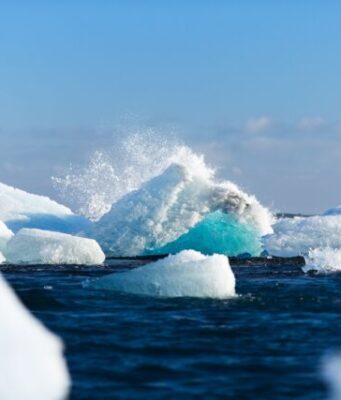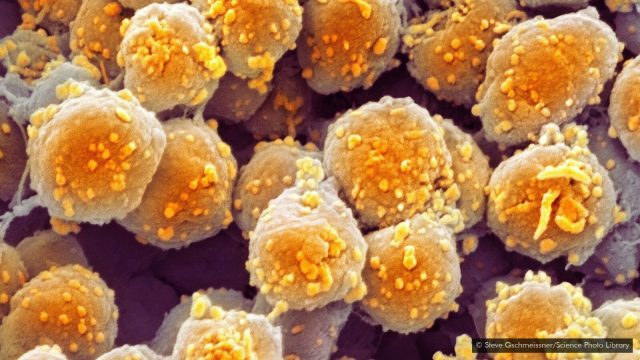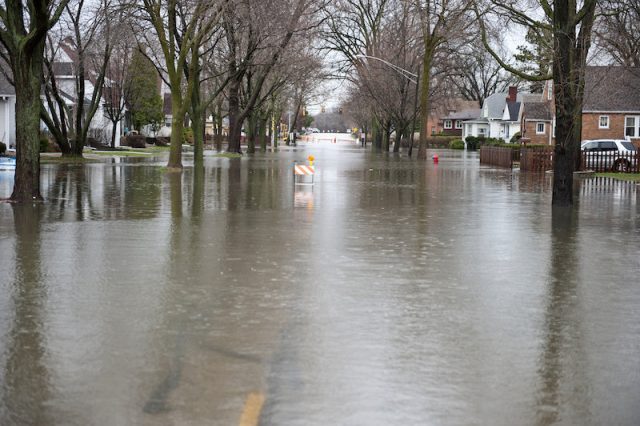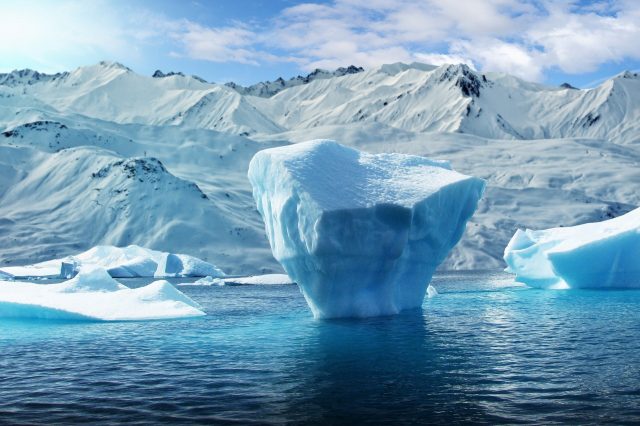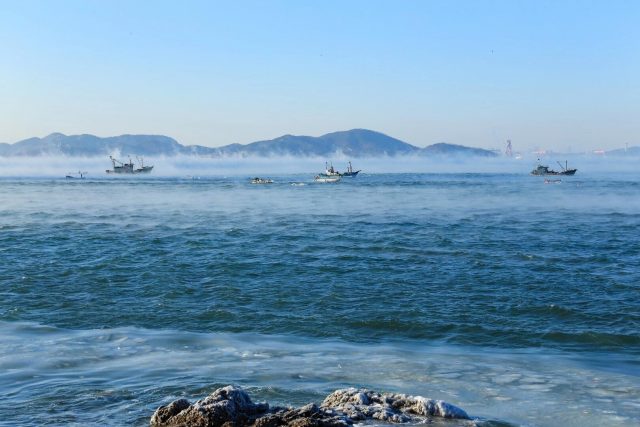A nuclear war could trigger an unprecedented El Niño-like warming episode in the equatorial Pacific Ocean, slashing algal populations by 40 percent and likely lowering the fish catch, according to a Rutgers-led study.
The research, published in the journal Communications Earth...
Predictions of future climate change require a clear and nuanced understanding of Earth's past climate. In a study published today in Science Advances, University of Hawai'i (UH) at Mānoa oceanographers fully reconciled climate and carbon cycle trends of the...
A group of international scientists, including an Australian astrophysicist, has used findings from gravitational wave astronomy (used to find black holes in space) to study ancient marine fossils as a predictor of climate change.
The research, published in the journal Climate...
Sixteen years of remote sensing data reveals that in Earth's largest freshwater lakes, climate change influences carbon fixation trends.
NASA-funded research on the 11 largest freshwater lakes in the world coupled field and satellite observations to provide a new understanding...
Future climate change will cause a regionally uneven shifting of the tropical rain belt -- a narrow band of heavy precipitation near the equator -- according to researchers at the University of California, Irvine and other institutions. This development...
In a new study, Stanford researchers report that intensifying precipitation contributed one-third of the financial costs of flooding in the United States over the past three decades, totaling almost $75 billion of the estimated $199 billion in flood damages...
Earth's ability to absorb nearly a third of human-caused carbon emissions through plants could be halved within the next two decades at the current rate of warming, according to a new study in Science Advances by researchers at Northern Arizona University,...
Scientists claim to have found the 'missing link' in the process that leads to an ice age on Earth.
Melting icebergs in the Antarctic are the key, say the team from Cardiff University, triggering a series of chain reactions that...
Even with the small COVID-19-related dip in global carbon emissions due to limited travel and other activities, the ocean temperatures continued a trend of breaking records in 2020. A new study, authored by 20 scientists from 13 institutes around...
New research has found as climate change causes the world's oceans to warm, baby sharks are born smaller, exhausted, undernourished and into environments that are already difficult for them to survive in.
Lead author of the study Carolyn Wheeler is...
Populations of marine molluscs have collapsed in recent decades in parts of the eastern Mediterranean as warming waters have made conditions unsuitable for native species, new research showed Wednesday.
The waters off the coast of Israel—among the hottest in the...




